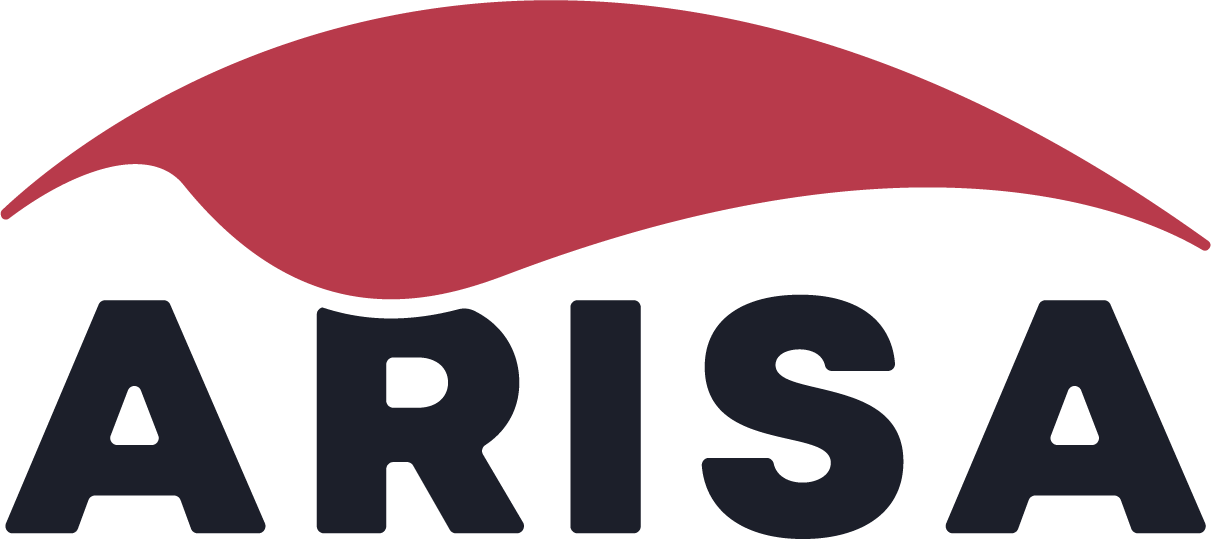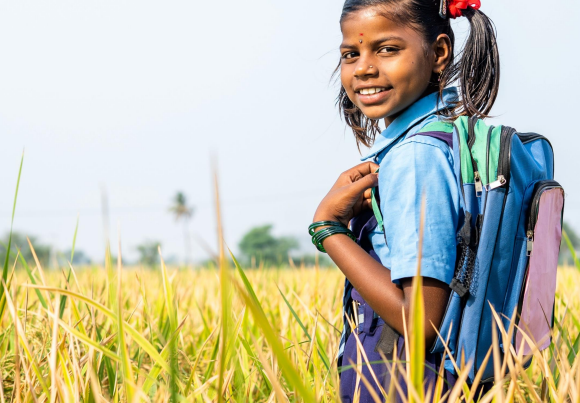Press release Arisa
Utrecht, May 13, 2019
On Monday 13 May, Arisa will sign the IRBC TruStone Initiative together with the Dutch Minister Kaag of Foreign Trade and Development Cooperation, companies, branche associations and trade unions. The Initiative was signed by the Flemish parties in Brussels on Friday 10 May. It is the first time that two countries have reached joint agreements. The natural stone sector in the Netherlands and Flanders has made agreements with both the governments, NGOs and trade unions for more responsible production and procurement of natural stone. The intention is that the sector will immediately start mapping the risks in the production chain and cooperating with all parties to tackle problems such as child labour, forced labour and safety and health problems in the chain.
Arisa has been involved in the Initiative since the start of the negotiations and is pleased that ambitious agreements are now being made to make the natural stone sector more fair and more sustainable. What is unique about this Initiative is that contracting authorities such as government departments and municipalities also sign the Initiative and therefore start working on sustainable procurement of natural stone.
Problems in the natural stone chain
Since 2005, Arisa has been researching labour conditions in Indian natural stone production and chains of international companies that import natural stone from South Asia. Two years ago, Arisa published the results of an investigation into the granite sector (The Dark Sites of Granite, Aug 2017).
In the processing of this granite, child labour was found, especially by young migrants, as well as bound labour, dangerous and unhealthy working conditions and large differences between permanent and temporary labourers. Many workers come from deprived groups such as Dalits and Adivasi, who are extra vulnerable due to their low social status. Other problems encountered were long working days and wages below the legal minimum, overtime paid with alcoholic drinks, poor housing and sanitation, no clean drinking water and no active trade unions in the quarries investigated.
Many of these problems also occur in the Indian sandstone sector, where cobblestones are produced for the Flemish market (see website No Child Left Behind). Families often work together in their ‘backyard’ to cut stones into cobblestones. It is an informal sector, with little government control, wages below the legal minimum and also bonded labour through advances and loans. Male workers in particular are at high risk of silicosis disease in the sandstone mines.
Arisa contributes her knowledge and expertise to the implementation of the Initiative and will commit to ensure that companies work together with local organisations wherever possible. We are happy to get into dialogue with companies to see how they can identify potential risks, prevent them and what they can do in case of abuses. We will also monitor the implementation of agreements made. And we support local organisations if they want to submit a complaint to the independent dispute and complaint committee of the Initiative that makes binding decisions.




